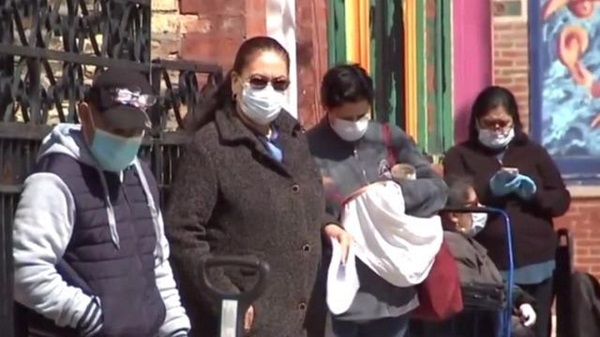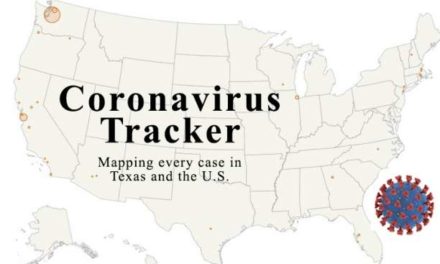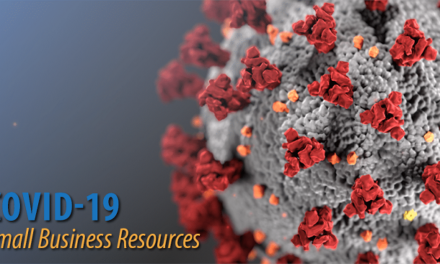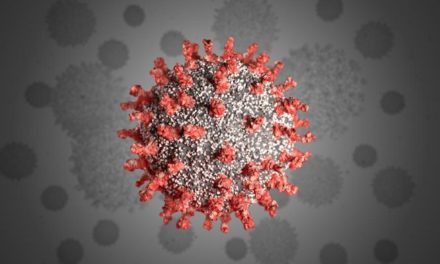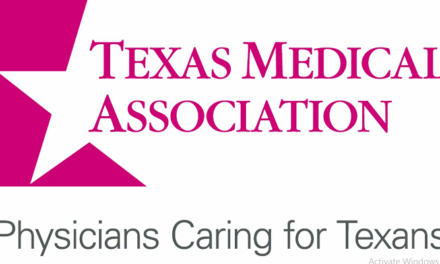By Ricardo Romo
Latinos live in significant numbers in four states hard hit by the Covid-19 Pandemic: California, Texas, New York, and Florida. It is already evident that the Covid-19 health crisis is changing the way we live, work, and learn, as well as the ways we interact with others. Because Latino families have a lower family income and higher poverty rates than most Americans, their situation is precarious when it relates to job losses, homework via the web, and access to health care.
While fast becoming the most serious health crisis of our lifetime, it is too early to say how much longer this health and economic crisis will last and how much pain it will inflict on our citizens. We do not know the long-term impact on education in our communities. In this essay I will address several pressing issues for San Antonio Latino families and children.
The Digital Divide
Jordana Barton, a Latina working in the area of Community Development for the Federal Reserve Bank of Dallas, sent me a presentation she made to local schools in San Antonio on March 24. Barton and I have been friends for 25 years and I was pleased to see her engaged in educating Texas about the learning obstacles arising from the Covid-19 Pandemic.
I was especially struck by her analysis of what she described as the “homework gap.” Her study looked at the San Antonio Independent School District (which covers parts of the Westside, Central, Eastside, and Southside neighborhoods) and found that “60 percent of high school students do not have access to the internet at home.”
The Rivard Report of San Antonio recently noted that in the wealthier suburbs of San Antonio, access to the internet at home was nearly 90 percent. Students in the
inner city do not fare as well. According to Barton, at Lanier High School, a school with nearly 100 percent Latino students, more than “75 percent of students were
without [digital] access.”
Saving Lives and a Silver Lining
The field of medicine and science may well represent a bright side of the Covid-19 Pandemic. As a result of this Pandemic, perhaps we will see greater interest in science and research in the coming decade.
The United States has a $600 billion dollar higher education system that produces some of the best professionals in the world. The medical profession, which has long been protecting its fields by regulating the number of physicians in America, must take a different and bold approach. The world needs more medical professionals, and now is the time to strike for greater production and training of Latinos in the medical field.
The American Medical Association (AMA) controls the number of doctors that are trained and the number of medical residencies allocated to each state. They must hear from our leaders that we need more scientists, doctors, nurses and physician assistants who save lives as the Pandemic hits our city.
San Antonio has an excellent medical school at the UT Health Science Center (UTHSC). The Center also trains hundreds of nurses, dentists, and health professionals. Two other areas where Latinos live in significant numbers– the Rio Grande Valley and El Paso, Texas– also have excellent medical programs.
Psychologists tell us that often humans in distress look for a bright side to a misfortune they face. In times of this Pandemic, the world needs more compassion, civility, and adherence to reasonable rules that make us safe. Everyday we are being tested. If scientists and doctors recommend that we keep safe distances and spaces
between us, we should obey.
The State can recommend, but cannot enforce, that we wash our hands frequently. When the quarantine is over we can return to normal social activities such as attending sporting events, visiting museums, and riding the subway or trains in New York and Washington DC. We all miss visiting with friends and family, going out to restaurants, and public events, but the COVID-19 virus knows no boundaries or limits and is devastating families and communities.
This is indeed a war and unfortunately, it is a war in which we found ourselves ill prepared to fight. Now we must each do all we can to keep one another safe. This crisis should also make us all activists to decrease the digital divide, assure that our public schools come out of this crisis stronger than ever, help small businesses rebound, and find ways to provide access to healthcare for everyone.

